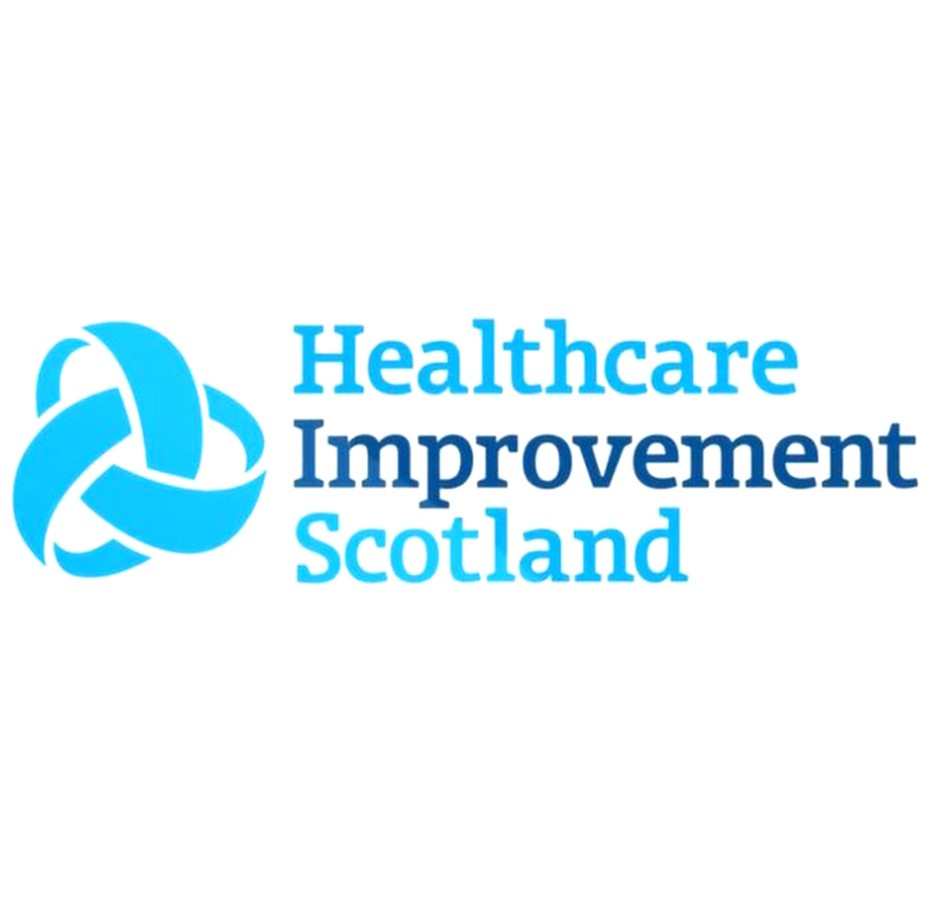Almost all causes of nausea and vomiting can be placed in the following categories, and managed using a specific drug or class of drugs.
Tables are best viewed in landscape mode on mobile devices
| Causes |
Drug class |
| Clinical toxicity (including drug induced) or metabolic/ biochemical upset (refer to flowchart) |
Dopamine receptor antagonist (for example metoclopramide, QT†haloperidol or QT†levomepromazine |
| Motility disorders (including drug-induced and paraneoplastic gastroparesis) |
Prokinetic (for example metoclopramide - caution in use of prolonged higher doses, monitor for extrapyramidal side effects or QTdomperidone) |
| Intracranial disorders, for example, vestibular dysfunction, motion disorders |
Anticholinergic or antihistamine (cyclizine or †hyoscine hydrobromide), †corticosteroid, QT†levomepromazine or QTprochlorperazine. |
| Raised Intracranial Pressure |
Corticosteroids e.g. dexamethasone |
| Causes |
Drug class |
| Oral/ pharyngeal/ oesophageal irritation |
Anticholinergic or antihistamine (cyclizine or †hyoscine hydrobromide), or QT†levomepromazine. |
|
Multifactorial/ unknown/ refractory
|
Use appropriate anti-emetics for known causes; or broad spectrum anti-emetic QT†levomepromazine. |
| Higher centres (pain/ fear/ anxiety) |
Optimise pain control treat anxiety. |
| Chemotherapy and/or radiotherapy-induced nausea and vomiting |
Refer to local guidelines.
|

